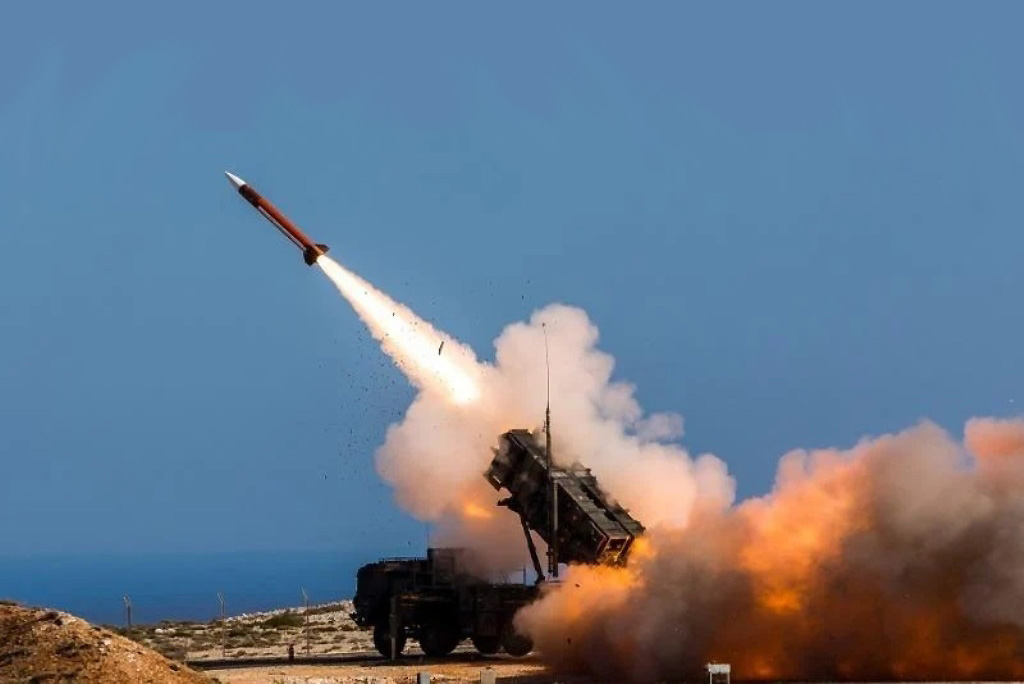Germany’s Role in Hosting U.S. Advanced Missile Systems: Strategic Implications and Developments
Overview
Germany is poised to support the deployment of sophisticated U.S. missile systems to bolster deterrence capabilities against potential Russian aggression. This initiative stems from a Biden administration plan initiated during the Trump era. However, the final endorsement of these arrangements remains pending.
Key Developments
U.S.-Germany Defense Agreement
In July 2024, during a NATO summit in Washington, a declaration was made regarding Germany’s commitment to facilitating “episodic deployments” of U.S. long-range fire systems, set to begin in 2026. Fourteen months post-declaration, German defense officials continue to express confidence in the plan’s viability. A spokesperson from the Berlin defense ministry emphasized that there are no indications from the U.S. side regarding a withdrawal from the commitment to station long-range cruise missiles in Germany.
Impact of U.S. Global Posture Review
Despite this optimism, uncertainty looms over the outcomes of the Pentagon’s global posture review, which Defense Secretary Pete Hegseth is overseeing.
- The specific location for the long-range fires unit associated with the 2nd Multi-Domain Task Force remains undecided.
- Currently, the 3-12 Field Artillery Battalion, stationed at Fort Drum, New York, is anticipated to be the primary unit receiving advanced weaponry designed to enhance NATO’s defense posture.
U.S. Army Activation Plans
The U.S. Army intends to activate the 3-12 Field Artillery Battalion on October 16, enhancing its personnel from an initial 240 to a full complement of 540 soldiers. The unit’s arsenal is expected to encompass:
- HIMARS (High Mobility Artillery Rocket System) rocket artillery
- The Typhon launcher, capable of firing Tomahawk and SM-6 missiles
- Hypersonic missile systems
Training and System Integration
Col. Jeffrey Pickler, commander of the 2nd Multi-Domain Task Force in Wiesbaden, indicated that the HIMARS capabilities are nearing delivery to the long-range fires battalion. Advanced systems, such as the Typhon, will require additional training, leveraging insights from a Pacific-focused sister unit that has already adopted the technology.
Strategic Significance of the Typhon System
The Typhon system can engage targets within a range of 2,000 kilometers, allowing potential strikes against military installations in both Russia and China. This capability is critical in countering threats aimed at Europe, particularly in light of the ongoing conflict in Ukraine.
Lockheed Martin, the manufacturer of the Typhon, has contracted to produce four batteries for the Army, each comprising four launchers equipped with four missiles, totaling 16 missiles on standby.
Germany’s Initiative for Further Missile Capabilities
While Germany and other European nations aspire to develop indigenous missile systems, German Defense Minister Boris Pistorius has articulated a desire for the Typhon system as a temporary solution until their domestic capabilities are realized.
The Pentagon’s Foreign Military Sales process is currently evaluating an initial request for information related to the Typhon system, although updates on its status have not been disclosed by German defense representatives.
- Should this procurement be approved, Germany would manage the Typhon system independently, in contrast to the integrated U.S. Army hosting arrangement.
Future Considerations and Uncertainties
Despite the potential for procurement, German officials’ ability to influence the U.S. military footprint in Europe remains limited, with comprehensive assessments expected this fall.
Christian Mölling from the Bertelsmann Foundation highlights a spectrum of expectations within Germany about the forthcoming Pentagon exercise and its implications. Views range from anticipation of substantial alterations to minor adjustments, underscoring the strategic importance of U.S. military infrastructure in Europe.
The evolving dynamics of U.S.-Germany defense relations will be critical as European nations navigate their security architectures in response to shifting global threats.





